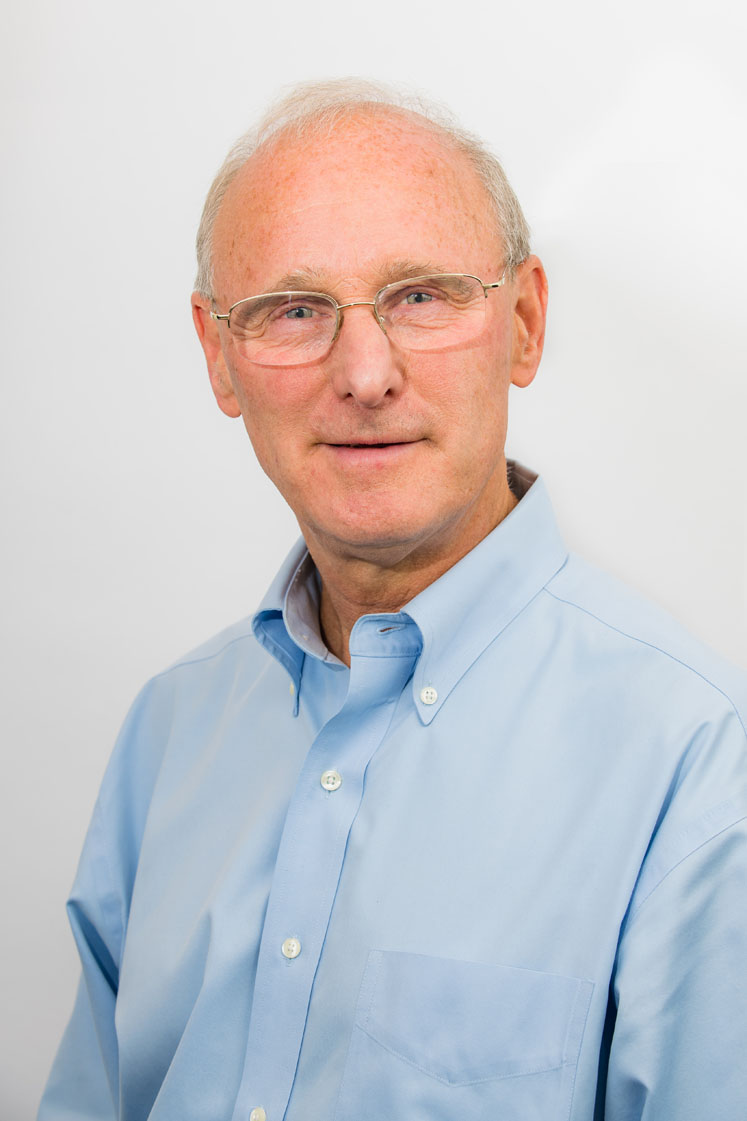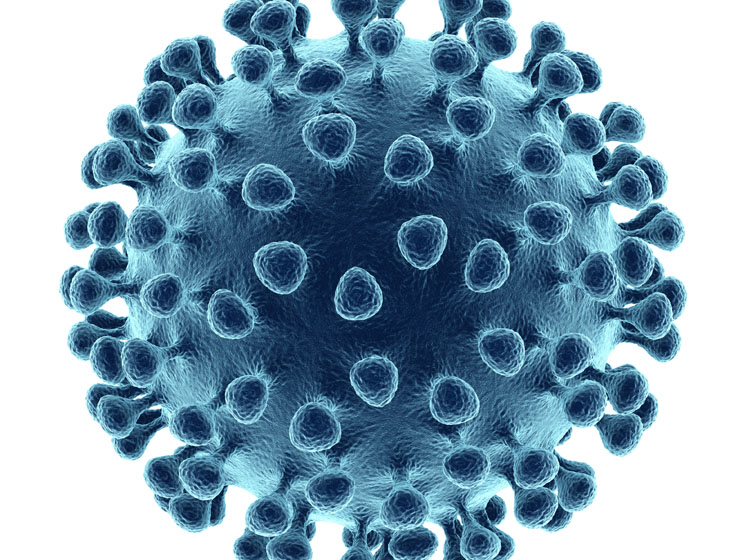Having discussed the use of Healx’s powerful AI platform to support vulnerable rare disease patients by applying the company’s drug repurposing expertise to target COVID-19 in Part I, I ask David whether events such as coronavirus should put more pressure on the greater pharmaceutical industry to work together and share its accumulated Big Data to expedite processes such as new drug development.
“That’s a wonderful question,” he says, “and I’m actually hoping that something like that does happen. We do have a longstanding problem with infectious disease R&D. Viruses and bacteria remain extremely troublesome but most R&D has stopped."
"Personally, I have collaborated with Antibiotic Research UK, for example, and we ran a clinical trial in China to identify ways to treat diarrhoeal disease without using antibiotics. But, there’s no doubt that the whole economic model for developing antibiotics and antivirals is broken, it’s just not economically viable and you end up with a negative return on capital investment.”
“The discussion is ongoing in the UK and beyond, and Sally Davies, the Chief Medical Officer (prior to Chris Whitty), had a massive impact globally by driving the understanding that drug resistance and infectious disease in general is a major risk to humanity … just as we’re seeing now. She emphasised the need to examine the economic model of designing drugs and the fact that it doesn’t work for big companies.”
“You can’t expect Big Pharma to jeopardise their finances by producing drugs that are just going to lose them money,” David insists: “As such, politicians and policy makers are looking at alternative economic models, such as an upfront payment or some form of cost recovery, because, if you come up with a really good antiviral or antibiotic, you want to reserve it for the most severe cases. The actual number of people that would be dosed with it is going to be very small, so it’s not economic in the usual sense.”
“So, what you said is very relevant,” he continues, “because we need skilled people — from small and large companies and academia — to share information and deal with these problems in a way that is open and not constrained by commercial considerations. Viruses and bacteria don’t care about finance.”

Dr David Brown
“But, the way the world has responded to COVID-19 has been amazing; I was just talking to some colleagues and one was saying that he simply can’t keep up with all the literature that’s appearing on a daily basis. I’ve never seen anything like it, but it just shows what we can do when we co-operate. We need to learn from this and keep this open, non-commercially driven collaboration going on infectious diseases to capitalise on the collective intelligence that’s available.”
A missed trick?
Looking at the wider applications of AI and the epidemiology data that exists, I ask David whether extant technology could or should have done a better job of predicting the coronavirus pandemic. “In all honesty,” he answers, “I don’t think AI was applied to infectious diseases … because, much like drug development, there’s no money in it. However, if you look for patterns then, throughout the centuries, there has been a major pandemic every 50–100 years. We’ve not had a serious one since the Spanish flu in 1918, so it was kind of overdue.”
“Yes, we’ve had slightly worse flu seasons and there was SARS and MERS in 2002 and 2013, but they were constrained, so I think people just got a little bit blasé about it, thinking it’s not going to happen. But, at the same time, you’ve got to sympathise with politicians as well. If you put a lot of money and resources into planning for something that’s not actually very predictable, you’re going to be voted out of office by the time it does happen you don’t get any thanks for it.”
But now that it has happened, this will surely influence how the pharmaceutical industry thinks about potential epidemics and the possibility of another global event in the next 10–50 years, I suggest.
“Yes,” says David, “but I wouldn’t just pick on the pharmaceutical industry; I have enormous respect for what they do … but they have to follow a commercially viable model otherwise they just disappear and everybody loses. We need to adopt a more social approach to research and set up centres like the Francis Crick Institute for infectious diseases. The limiting factor is finance for infectious diseases and, from my own experience, I know that there’s not a lot of it around, frankly, in most countries.”
“The situation with bacteria is just as bad,” he continues: “The limited skills are scattered throughout many institutions, it’s underfunded and, at the moment, not overly popular with students. That needs to change in the next 10 years or so; there needs to be a major rethink about public money going into anti-infective research with properly resourced research centres being opened to facilitate research. I would also like to see a joint effort in terms of public and private funding, so that it’s not just left to pharmaceutical industry to provide finance.”
“In reality,” notes David, “there will be far more deaths from other diseases than from infection. Certainly, we’re seeing a bolus of fatalities from COVID-19 but that’s still only going to represent 5–10% of the annual deaths in this country. There will be far more casualties from other diseases and I think the pharmaceutical industry should continue to focus on those … as they have been."

"At the same time, we need to improve the global level of anti-infective research. Perhaps that’s going to be the big change that will happen as a result of COVID-19. It sometimes takes a severe shock to the system to shift people’s thinking!”
In closing
Beyond COVID-19, I ask what’s next for Healx. “We’re still running our rare disease projects,” David tells me. “In fact,” he adds: “We’re starting about one new project every month at the moment and we are continuing to grow the company. We’re in the fortunate position of actually being well funded. We raised $56 million just a few months ago, so we’re still expanding.”
“We’re also quite lucky that, being computer based, we don’t have actual laboratories; we contract out all the testing, so have fewer fixed costs. Like many people right now, we’re working remotely … but everything is functioning much the same as it was before the lockdown."
"However, we do absolutely need to do in-lab testing and, with many of those facilities closed, there are certain limitations in place. But, with the help of academia and some CROs, we’ll continue with our rare disease remit.”
Beyond Healx itself, David concludes by reiterating his belief that future policy and the way people think about infectious diseases needs to change. Time will tell.
